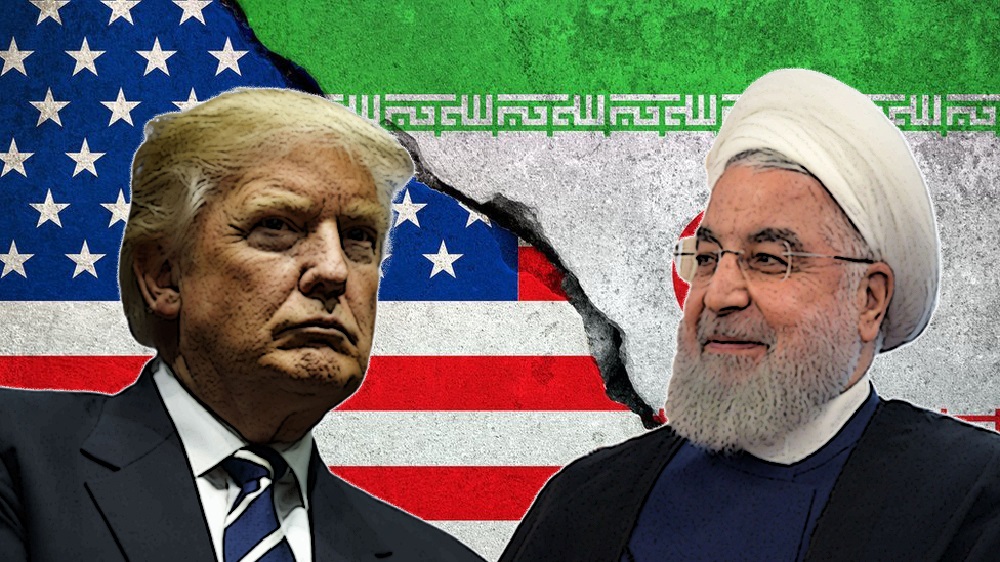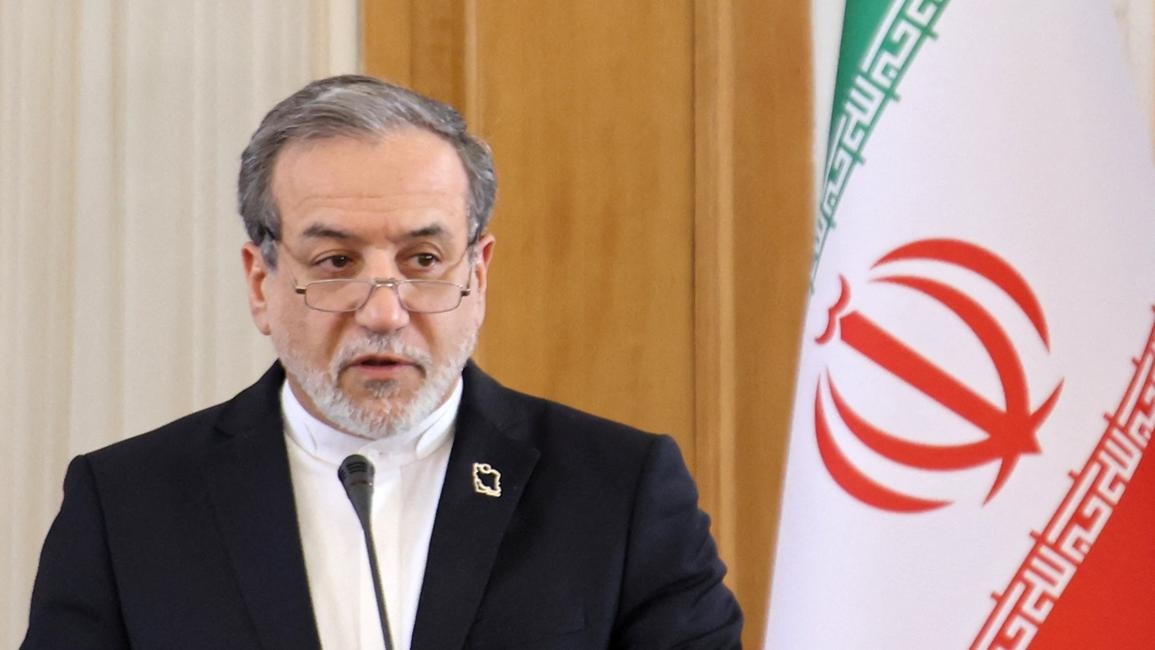Watan-Iranian Foreign Minister Abbas Araghchi said early Tuesday that Iran and the United States will hold high-level indirect talks in Oman on Saturday, April 12, confirming earlier remarks made by U.S. President Donald Trump on Monday. Araghchi wrote on X: “It is both an opportunity and a test. The ball is in the United States’ court.”
Later on Tuesday, speaking to Iranian journalists accompanying him during a visit to Algeria, Araghchi stated that Saturday’s negotiations will be held indirectly with the U.S. in the Sultanate of Oman, affirming, “We will not accept any other form of negotiation.” He added that the significance of the talks lies not in whether they are direct or indirect, but in their effectiveness and the seriousness and willingness of both parties to reach an agreement. “The format of the talks depends on various factors, and that is why we chose indirect negotiations,” he said.
He went on to explain that the reason for choosing this negotiation style is that “negotiations conducted under pressure and threats are nothing but dictation, and we do not believe in that method.” He stressed that indirect negotiations are more likely to ensure “real and effective dialogue.” He noted that Oman is mediating the indirect talks between Tehran and Washington due to its “strong track record and our trust in it,” expressing hope that the American side will show a genuine will to reach a diplomatic solution.

Conflicting Signals, Shared Goals in Oman Talks
Iranian government spokesperson Fatemeh Mohajerani also confirmed on Tuesday in a press conference that the negotiations in Oman with the U.S. will be indirect. She added, “What matters to us in these talks are the national interests and the important demands of the Iranian people,” noting that “more details will become clear during the negotiations, and nothing can be said before then.” She continued, “As a negotiating party, we seek rational negotiations based on equality that serve our interests and improve the lives of our people.”
Former chief Iranian negotiator Hossein Mousavian said on X that Araghchi and U.S. Middle East envoy Steve Whitkoff will negotiate in Oman, referring to the statements by both Trump and Araghchi. While Trump announced that the negotiations would be direct—contrary to Araghchi’s remarks—Mousavian concluded that both statements are truthful and not contradictory. He explained that under former U.S. President Barack Obama, a similar scenario occurred: negotiations began in Istanbul with then-U.S. Deputy Secretary of State Catherine Ashton present, who later left the room, allowing for direct talks between the Iranian and American negotiators, which led to a positive outcome.
Accordingly, Mousavian said it seems that Araghchi and Whitkoff will launch indirect talks on Saturday, “and if the outcome is positive after an hour or two, direct negotiations between Iranian and U.S. negotiators may begin.” The former Iranian diplomat added that Tehran and Washington are “taking a rational path, which increases the chances of an agreement. Both negotiators are capable, moderate, and reasonable.”
Earlier on Monday, Trump said in a White House press conference with Israeli Prime Minister Benjamin Netanyahu that Washington and Tehran are holding “direct talks.” He said, “We are holding direct talks with Iran, they’ve begun and will continue on Saturday. We have a very important meeting, and we’ll see what happens. I believe everyone agrees that reaching an agreement is preferable.”
Calls for Sincerity as Diplomacy Gains Momentum
Trump emphasized that he prefers an agreement over military confrontation regarding Iran’s nuclear program. He said: “Everyone agrees that reaching a deal is preferable to the obvious alternative—something I frankly don’t want to be involved in. Frankly, Israel doesn’t want to be involved in it either, if it can be avoided.”
Meanwhile, Iranian Foreign Ministry spokesperson Esmail Baghaei on Monday denied reports that Iran had begun indirect negotiations with the U.S. administration, calling them “false.” He stated that Tehran is waiting for a U.S. decision in response to a proposal for indirect talks and that Oman would be one of the main candidates to mediate if such talks begin. Iranian President Masoud Pezeshkian confirmed that Iran believes in negotiation “but not at any cost.”
Baghaei said in his weekly press conference that several players have previously mediated between Tehran and Washington, including the European Union and Oman, “which played an influential role” before and after the 2015 nuclear deal. He added, “If a new indirect negotiation process begins, Oman will be one of the main candidates to play this important role.”
In this context, President Masoud Pezeshkian reiterated on Monday that Iran believes in negotiations, “but not at any price,” saying during a meeting with leaders of Iranian political parties that Tehran does not seek “war, chaos, or nuclear weapons—we want negotiations. But the Americans must prove they are pursuing genuine talks.” He emphasized that Iran “does not seek non-peaceful use of its nuclear capabilities… This is not just rhetoric, but a religious fatwa issued by the Supreme Leader” Ali Khamenei, as reported by Iran’s official IRNA news agency.
Additionally, China on Tuesday urged the United States to show “sincerity” in the nuclear talks with Iran after Washington and Tehran announced high-level indirect discussions this week. Chinese Foreign Ministry spokesperson Lin Jian said in a press conference: “As the country that unilaterally withdrew from the nuclear agreement (signed with Iran in 2015) and caused the current situation, the United States must demonstrate political sincerity and mutual respect.”
